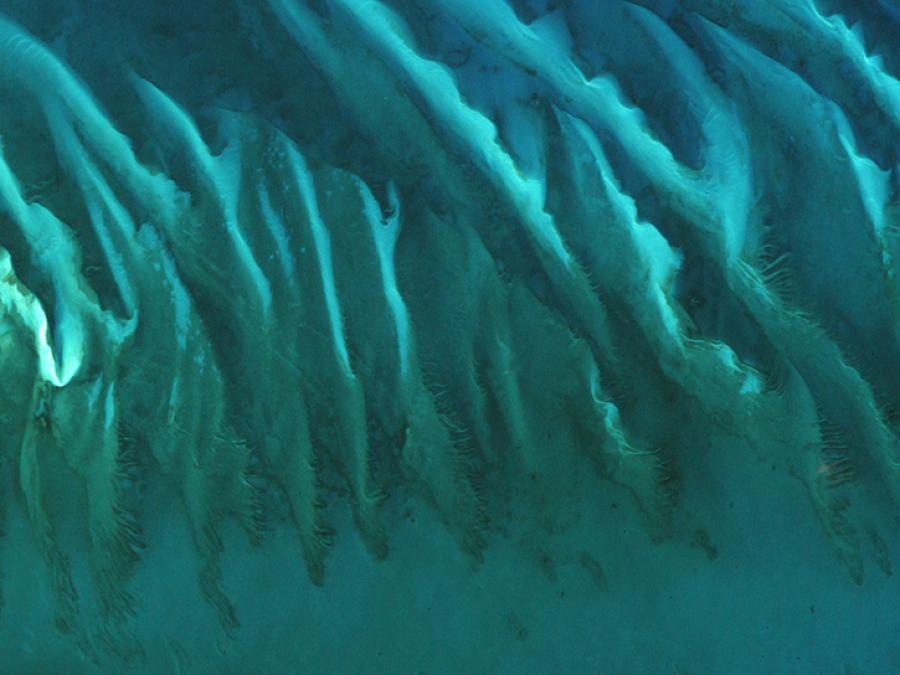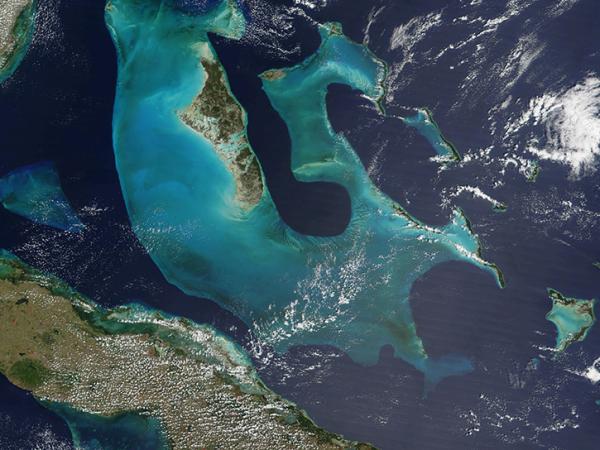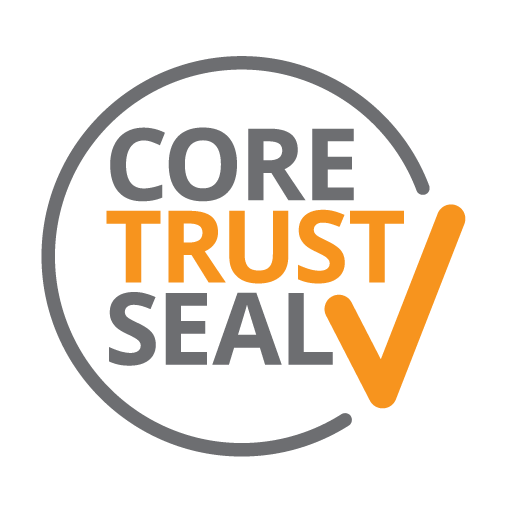Ocean Biology Processing Group
NASA's Ocean Biology Processing Group (OBPG) supports the collection, processing, calibration, and validation of ocean-related products from a number of NASA, National Oceanic and Atmospheric Administration (NOAA), and international missions. These functions are supported within the framework and facilities of the NASA Ocean Data Processing System (ODPS) which has been successfully supporting operational satellite-based remote-sensing missions since 1996. The group's capabilities continue to evolve and expand to meet the demands and challenges of future missions.
Ocean Biology DAAC
The OBPG serves as a Distributed Active Archive Center (DAAC), responsible for archiving satellite ocean biology data produced or collected under NASA's Earth Science Data and Information System (ESDIS). Our holdings include a mixture of historical and current missions as well as data from both NASA and partner space organizations. Supported instruments, related information, and direct links to data can be found under the the "Supported Missions" tab.
SeaBASS
High quality in situ measurements are prerequisite for satellite data product validation, algorithm development, and many climate-related inquiries. The OBPG maintains the Sea-Viewing Wide Field-of-View Sensor (SeaWiFS) Bio-optical Archive and Storage System (SeaBASS), a public repository of in situ oceanographic and atmospheric data, to support their routine algorithm development and satellite data product validation activities.
SeaDAS
SeaDAS is a comprehensive software package for the processing, display, analysis, and quality control of remote-sensing Earth data. SeaDAS serves as the official distribution point of the NASA OBPG Science Software. This science processing component of SeaDAS applies the OBPG algorithms to satellite data in order to characterize and calibrate the data and generate science quality OBPG products. SeaDAS currently supports the science processing of more than 15 U.S. and international satellite missions. Additional coinciding ancillary data are used to correct for and calibrate out the atmospheric components of the signal in order to determine an Earth/ocean surface level signal. Customized algorithms can be developed and applied within SeaDAS to evaluate ocean, land and atmospheric data, as well as to produce True Color imagery. SeaDAS can also integrate SeaBASS format in situ data for comparative analysis with relevant satellite data. The latest version downloads, videos, tutorials, and documentation can be found on the SeaDAS website. More help and support can be found on the Earthdata Forum.
Field Support Group
The Ocean Ecology Laboratory (OEL) maintains an on-site Field Support Group (FSG) to conduct biological, biogeochemical, and interdisciplinary oceanographic research in collaboration with the OBPG. Through the FSG, the OEL sustains a cooperative field program mandated with advancing the state-of-the-art of in- and above-water optical and biogeochemical measurements, which are critical for calibration and validation of satellite radiometry and secondary data products and for refinement of ocean color algorithms. The FSG works within a global network of partnerships.



